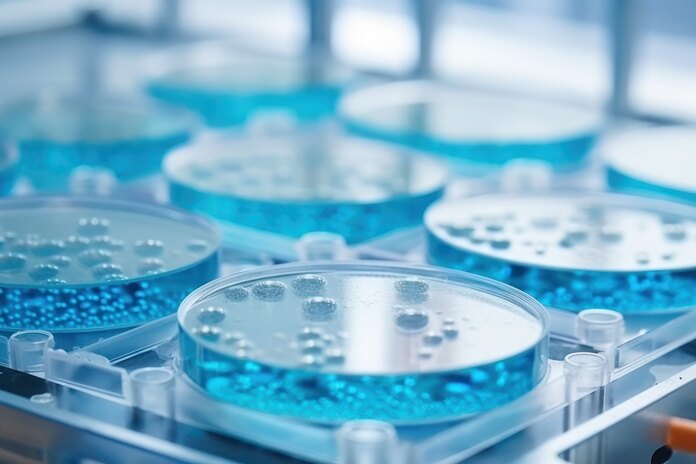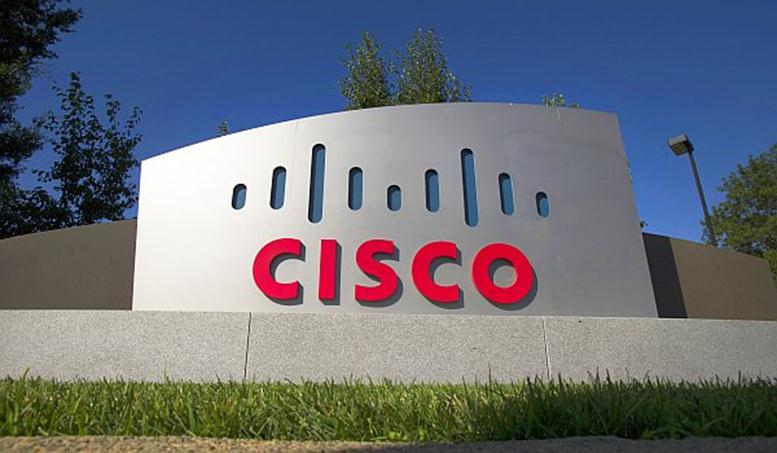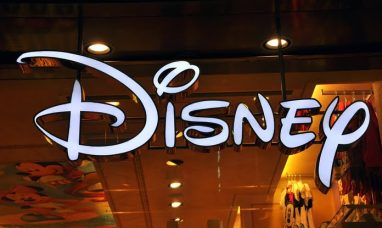Despite creating an oral medicine to treat Covid, the biotech company’s revenue decreased drastically in the first quarter, and its net loss increased by over 40%.
Call it the Covid boom that never materialized.
Shanghai Junshi Biosciences Co., Ltd. (OTCPK:SHJBF) was anticipating an increase in income from its oral Covid medication, which was approved by China’s drug regulator at the beginning of the year. However, as the pandemic faded and other similar medications hit the market, Junshi was forced to return to the drawing board for pre-Covid drugs.
According to its most recent quarter data, the company began 2023 with a 59.5% revenue decline to 255 million yuan ($37 million), extending a 64% revenue decline for the entire year. Its bottom line didn’t look much better, with a 37.1% increase in net loss to 543 million yuan.
The approval of its oral Covid medicine VV116 on Jan. 29 after more than two years of development piqued the interest of many investors, as the treatment arrived on the market not long after a wave of infections swept China following the country’s relaxation of severe Covid restrictions. However, the medicine has struggled to acquire traction and is unlikely to become a blockbuster when the pandemic passes.
The majority of the company’s most recent quarterly revenue came from domestic sales of its other items. The vast majority came from its key product, PD-1 Toripalimab “Tuoyi,” used to treat various malignant tumors, with revenues increasing by 77.8% to 196 million yuan. The company’s revenue decline in the most recent quarter was also due to large gains from licensing deals with global corporations Eli Lilly (LLY) and Coherus BioSciences (CHRS) a year ago.
Junshi’s shares plummeted 5.7% in the four trading days following the announcement of its results at the end of April, closing last Friday at HK$28.95, continuing a negative trend this year. The stock trades at a price-to-sales (P/S) ratio of roughly 8.6 times, which is less than half of BeiGene (NASDAQ:BGNE) at 18.5 times and less than Innovent Biologics (OTCPK:IVBIY) at 10.8 times, indicating that investors are rather conservative on the company.
Junshi struggled for most of its life under hefty R&D costs, minimal revenue, and escalating large losses before its independently developed major breadwinner Tuoyi became the first domestically developed PD-1 monoclonal antibody authorized in China. Tuoyi’s approval in 2019 was a watershed moment, ultimately giving a reliable recurring revenue stream with 774 million yuan in sales in its first year.
The company’s “golden days” came in 2020 and 2021, when sales reached 1.59 billion yuan and 4.02 billion yuan, respectively, owing largely to license deals with Eli Lilly and Coherus.
Large-Scale Cooperation
Junshi and Eli Lilly began working together in 2020, just as the Covid epidemic was sweeping the globe. Outside of Greater China, the Chinese company solely licensed Lilly to manufacture and commercialize the Covid neutralizing antibody JS016, which was developed jointly by Junshi and the Institute of Microbiology of the Chinese Academy of Sciences. Lilly committed to a $10 million upfront payment, up to $245 million in milestone payments, and a double-digit percentage of net sales. The agreement lifted Junshi’s revenue from new licensing to 405 million yuan in 2020, accounting for more than a quarter of the company’s total revenue that year.
A year later, in February 2021, Coherus acquired an exclusive license for Toripalimab in the United States and Canada for an initial payment of $150 million and milestone payments of up to $380 million, plus a 20% share of product revenues. Simultaneously, the firm generated significant milestone revenue in 2021 after Lilly received clearance for JS016 in the United States for the urgent treatment of patients with mild to moderate Covid. The two significant agreements boosted Junshi’s license revenue to 3.34 billion yuan in 2021.
However, the bloom on those roses began to fade swiftly.
In January 2022, the US Food and Drug Administration limited the scope of JS016 emergency licensing applications, citing a lack of efficacy in treating Omicron, the prevalent Covid strain at the time. As a result, Junshi’s revenue from that deal decreased significantly.
Coherus paid a one-time price of $35 million last year to license another Junshi product, its recombinant humanized anti-TIGIT monoclonal antibody (TAB006/JS006) and agreed to pay up to $255 million in cumulative milestone payments and 18% of sales revenue. But that wasn’t enough to keep Junshi’s revenue from falling 63.9% to 1.45 billion yuan last year, marking the company’s first sales decline since 2019.
Investors hoped that after more than two years of research, VV116, the oral Covid medication, would become a new growth engine for Junshi, offsetting the income loss from the license transactions. However, by the time the product was licensed in January of this year, the initial wave of mass Covid infections had already passed, thanks to China’s relaxation of anti-Covid policies in December. As a result, VV116 only made 11.5 million yuan in sales in the first quarter, significantly less than the 880 million yuan spent on development.
Despite the setbacks, mainland Chinese analysts remain bullish on Junshi. According to Sinolink Securities, the company’s first-quarter results were in line with expectations, and PD-1 Toripalimab is expected to make more progress internationally and become a new growth engine when new indications are added.
Sinolink also mentioned Junshi’s robust pipeline, which includes 30 clinical trials and more than another 20 in preclinical stages, as well as a PARP inhibitor monotherapy for patients with FIGO stage III/IV epithelial ovarian cancer, fallopian tube cancer, and primary peritoneal cancer, all of which met primary study endpoints in their mid-phase 3 clinical analysis.
Meanwhile, in two phase 3 clinical studies, its PCSK9 monotherapy for primary hypercholesterolemia and mixed PCSK9 monoclonal antibody for primary hypercholesterolemia and mixed hyperlipidemia fulfilled the primary study goals. The company plans to file a marketing application for the former soon and has already done so for the latter. As a result, Sinolink retains a “buy” rating on Junshi and anticipates sales of 2.28 billion yuan this year, up 57% year on year.
According to Guosheng Securities, Junshi currently has four products for sale. In addition to the more well-known Tuoyi and VV116, its Adalimumab injectable, which was approved last year to treat rheumatoid arthritis, ankylosing spondylitis, and psoriasis, generated 29.08 million yuan in sales in the first quarter. At the same time, Guosheng stated that the business’s administrative expenses declined by 36.7% year on year for the quarter, indicating that the company’s cost-cutting strategy is taking effect, causing the brokerage to keep a bullish perspective on the company.
Featured Image: Freepik @ Rawf8.com









